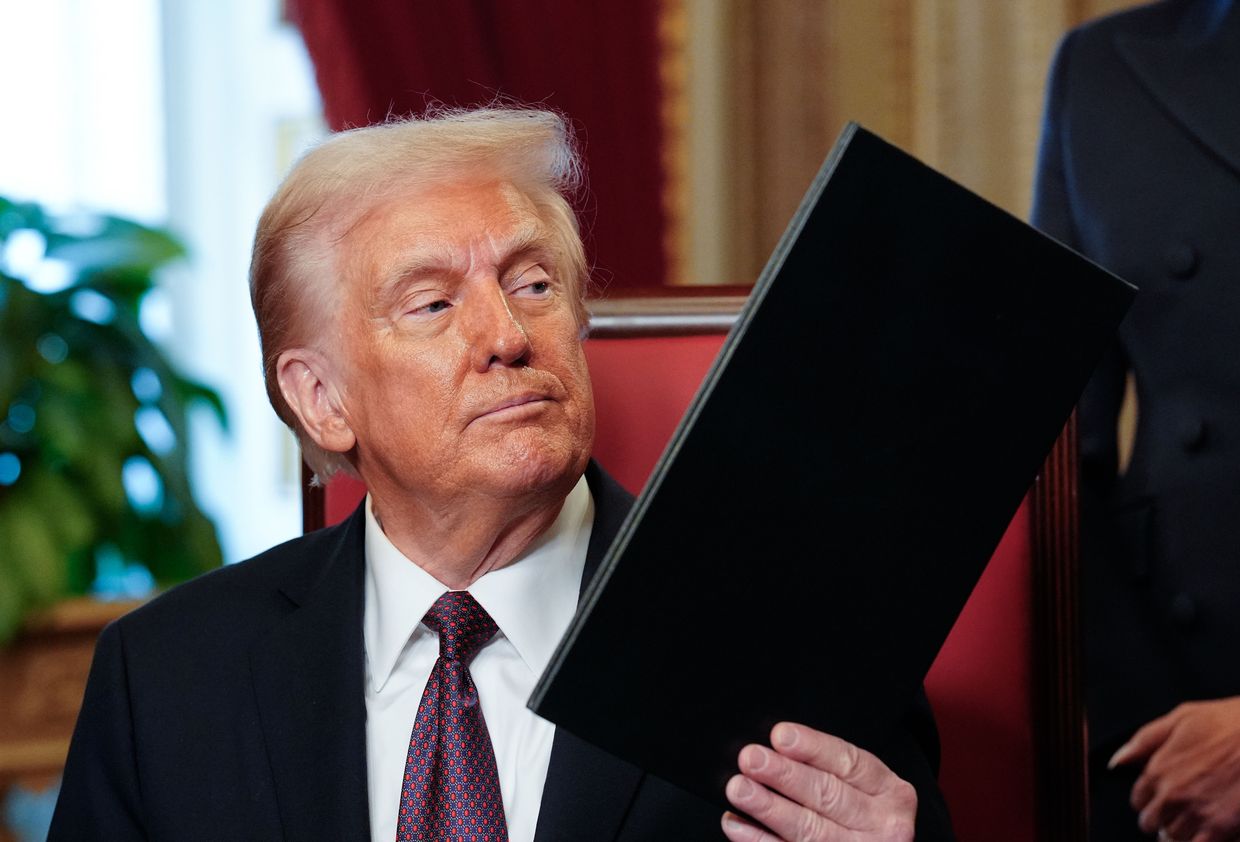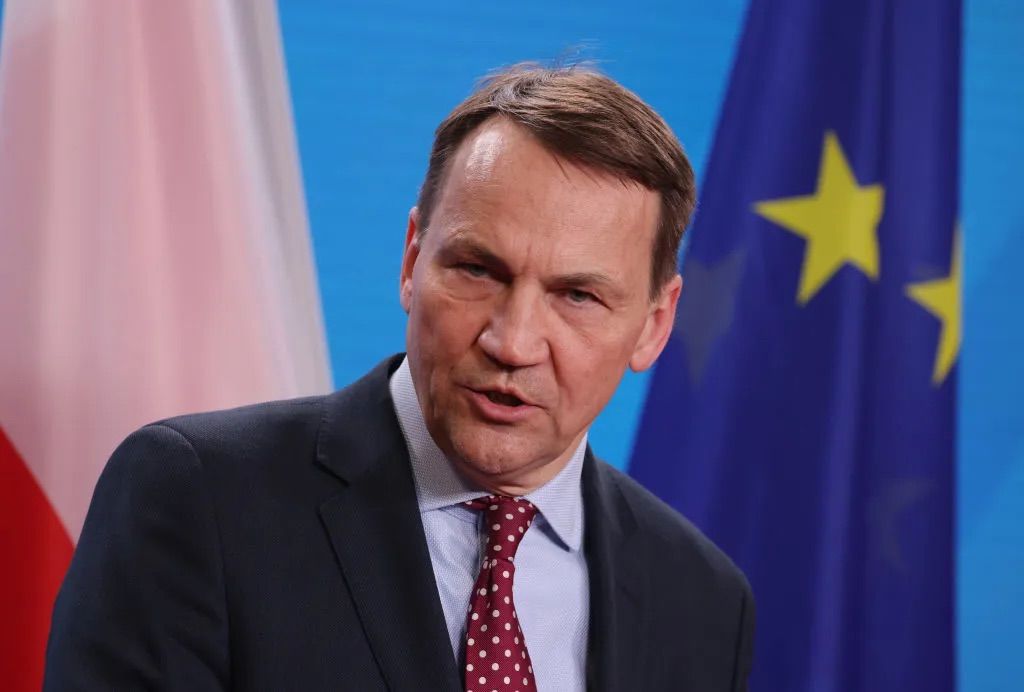U.S. President Donald Trump may have helped persuade Hungary to lift its veto on the European Union's extension of sanctions against Russia, Polish Foreign Minister Radoslaw Sikorski said on Jan. 27, according to the Polish news outlet RMF 24.
The EU foreign ministers approved a six-month extension of its sanctions against Russia on Jan. 27 after Hungary withdrew its veto.
Sikorski believes Trump's recent threats of sanctions against Moscow played a role in Hungary's decision.
"I think that President Trump helped here," Sikorski said.
The EU sanctions, imposed on Russia in response to the full-scale invasion of Ukraine, must be extended by unanimous vote every six months. Hungarian Prime Minister Viktor Orban blocked the extension in a surprise veto on Dec. 19 and said he would not reconsider extending the sanctions until Trump took office.
Orban is a close ally of Trump, who hosted the Hungarian prime minister at his Florida residence on Dec. 9. During the first week of his second term as president, Trump threatened to impose sanctions and tariffs against Russia if Russian President Vladimir Putin does not agree to negotiate an end to the war in Ukraine.
"We can do it the easy way or the hard way," Trump said.
Hungary also previously said it would not extend the sanctions until Ukraine resumes the transit of Russian gas through its territory. Ahead of the Jan. 27 vote, Hungarian Foreign Minister Peter Szijjarto said that Brussels had provided the "requested guarantees" on energy security.
Orban, one of the most Kremlin-friendly leaders in the EU, has consistently obstructed and delayed sanctions against Russia and military support for Kyiv.














